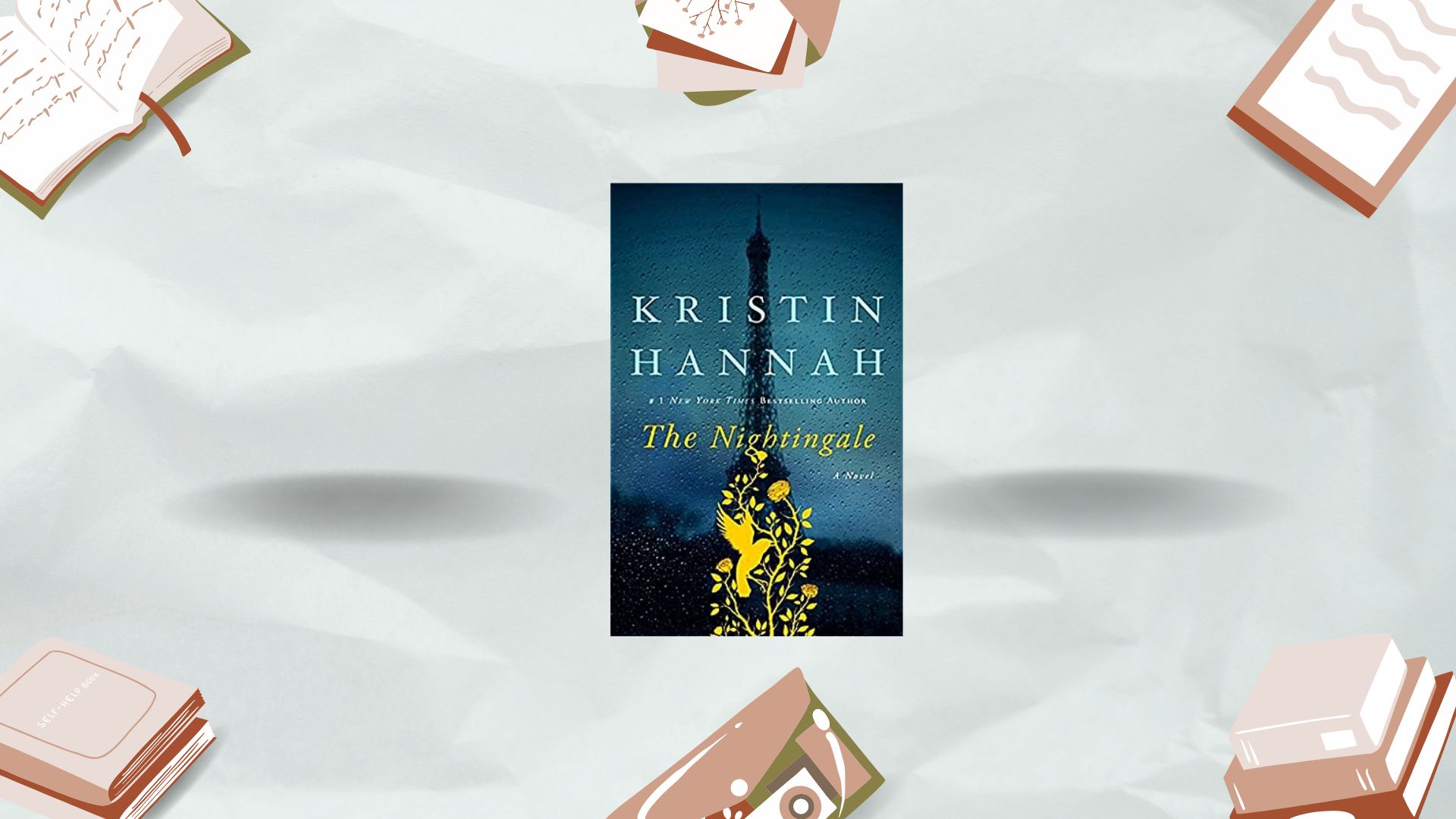A Reese’s Book Club Pick Is Under Fire (Again)

There’s a clear book-to-movie pipeline that’s become a built-in component of the publishing industry. Reese Witherspoon has been able to capitalize on this like possibly no one else in the industry as her massively popular book club consistently chooses to promote books for which her production company Hello Sunshine owns the adaptation rights.
It’s pretty hard to deny that Witherspoon has massive influence over both the literary and film/television landscapes. Reese’s is possibly the most popular celebrity book club out there, and for some people, it’s the biggest or even the only way they choose what to read. So her choice for March 2023’s book, like others in the past, is disappointing.
Reese’s unconvincing Instagram video
In that video, Witherspoon justifies picking an older book as opposed to a new release, saying it’s thematically relevant. She specifically cites the rise of neo-nazism as the inspiration behind choosing The Nightingale by Kristin Hannah. (She does not mention whether Hello Sunshine will be involved in any way in the film adaptation, currently in development and set to be distributed by Sony, which has previously been involved with other HS projects.) While this book is set in Nazi-occupied France, it does not center on any of the marginalized communities persecuted by the Nazis. Instead, the novel focuses on two non-Jewish white women, centering their pain and celebrating their empathy. The book is written by a white woman who is not Jewish herself.
This isn’t the best look.
Previous controversy
This isn’t the first time Reese has picked a problematic book. Where the Crawdads Sing by Delia Owens was a Reese’s Book Club pick before the movie (produced by Witherspoon!) came out.
What’s the issue with Where the Crawdads Sing? Well, the novel has some uncomfortable echoes of author Delia Owens’ own sketchy past. While living in Zambia with her husband, acting as self-appointed conservationists and vigilante activists, her husband, Mark Owens, allegedly killed at least one poacher on film. While the basic message is poachers = bad, killing bad guys = good, this hyper-simplistic white savior narrative ignores a lot, from hundreds of years of European colonialism to the actual impactful work being done by local conservationists to the apparent lack of evidence that the person killed even was a poacher in the first place.
What’s the problem with The Nightingale?
Kristin Hannah’s The Nightingale isn’t written for me or any marginalized community. This book doesn’t have us in mind. Most World War II narratives never do, even though that war affected millions upon millions of lives worldwide in irreparable ways. For example, the psychological and physical torture from a Japan- and United States-occupied Philippines changed the trajectory of my own family lineage, but no one talks about that, choosing instead to focus these stories time and time again on Eurocentric powers.
Witherspoon has the power to give an enormous platform to so many voices. It’s so disappointing to see her choose creators who consistently capitalize on stories that are not their own.
(featured image: St. Martin’s Press, Griffin, and Mary Sue)
Have a tip we should know? tips@themarysue.com